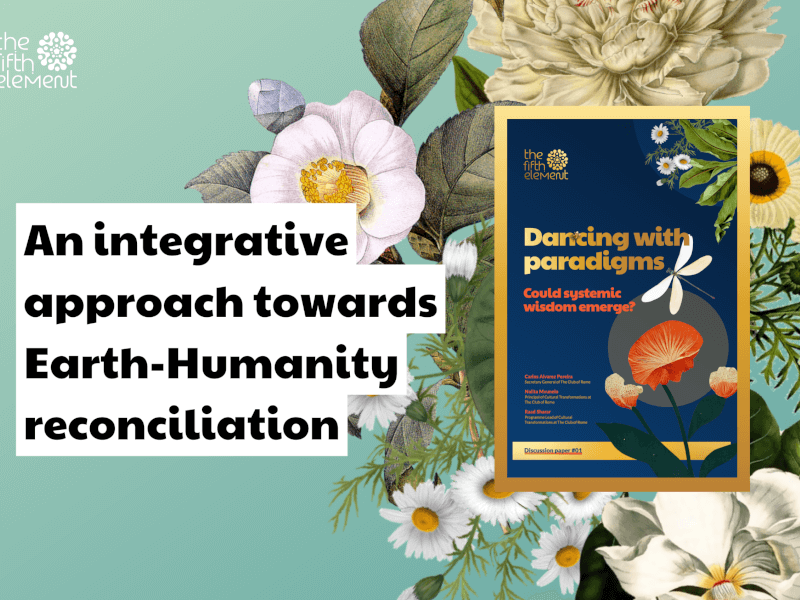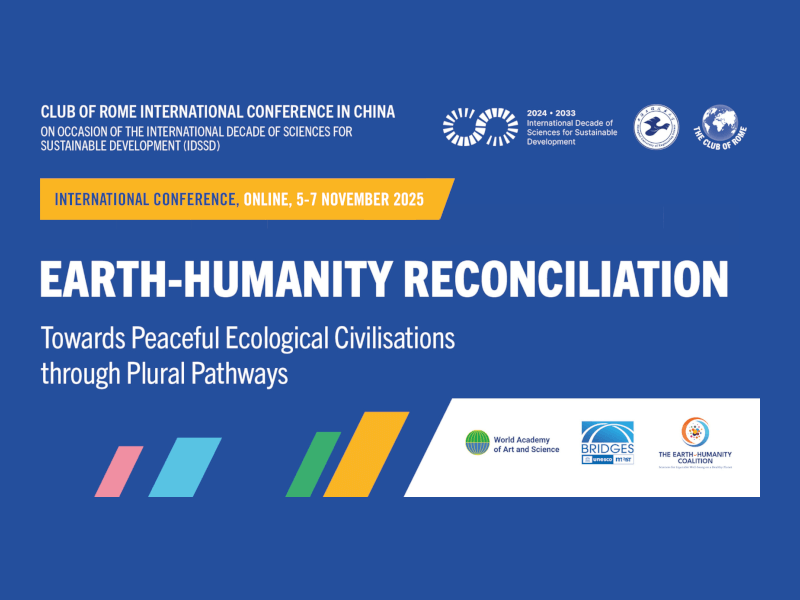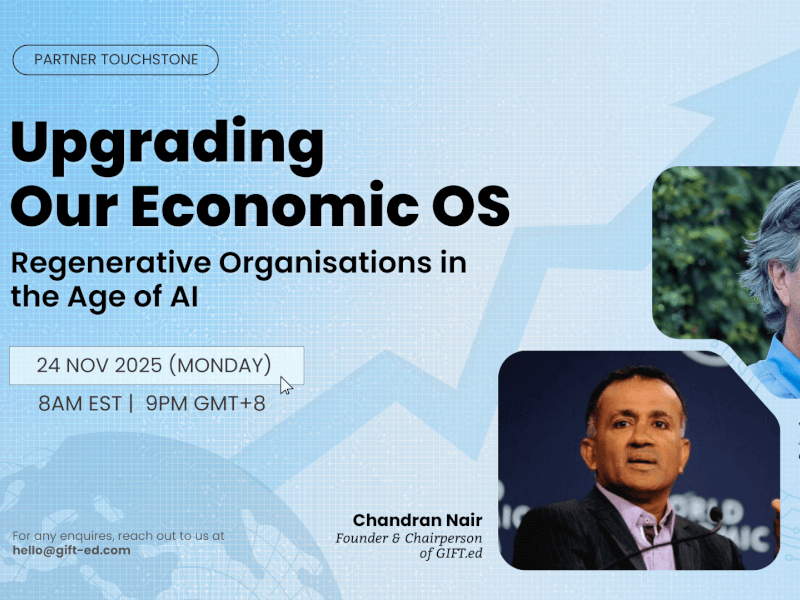168澳洲幸运10官方预测
Latest News
Expert taskforce calls for binding resource targets in EU Circular Economy Act to secure Europe’s future
04 September 2025 - An expert group has urged the European Commission to cut Europe’s resource use and introduce binding demand reduction targets to secure the bloc’s future prosperity and resilience. In its response to the Commission’s public consultation on the...
An integrative approach towards Earth-Humanity reconciliation
09 September 2025 - This is the first publication of The Fifth Element’s discussion paper series. Introducing: Dancing with paradigms, could systemic wisdom emerge? “There is yet one leverage point that is even higher than changing a paradigm. That is to keep oneself...
免费查询最新的实时开奖数据与历史记录
21 August 2025 - In a world increasingly defined by climate disruption, biodiversity loss, rising inequality and the accelerating risks of AI and emerging technologies, The Club of Rome is calling for a fundamental rethinking of what peace means today. Its new paper,...
Rethinking cities: A systems approach to sustainable urban futures
18 June 2025 – A new report by The Club of Rome and the Hot or Cool Institute warns that current approaches to city design are failing to address the scale and urgency of urban challenges and calls for a fundamental shift in how we design and govern urban areas.
See more news >
Featured Blog
We are at a fork in the road. Will we choose solidarity over fear?
16 October 2025 - Opinion: The international development system we knew is gone, and there is no going back. What comes next depends on how we choose to respond. In European capitals of multilateralism — Geneva, Brussels, Vienna — a new season is dawning. The illusion...
We are at a fork in the road. Will we choose solidarity over fear?
16 October 2025 - Opinion: The international development system we knew is gone, and there is no going back. What comes next depends on how we choose to respond. In European capitals of multilateralism — Geneva, Brussels, Vienna — a new season is dawning. The illusion...
See all blog posts >












